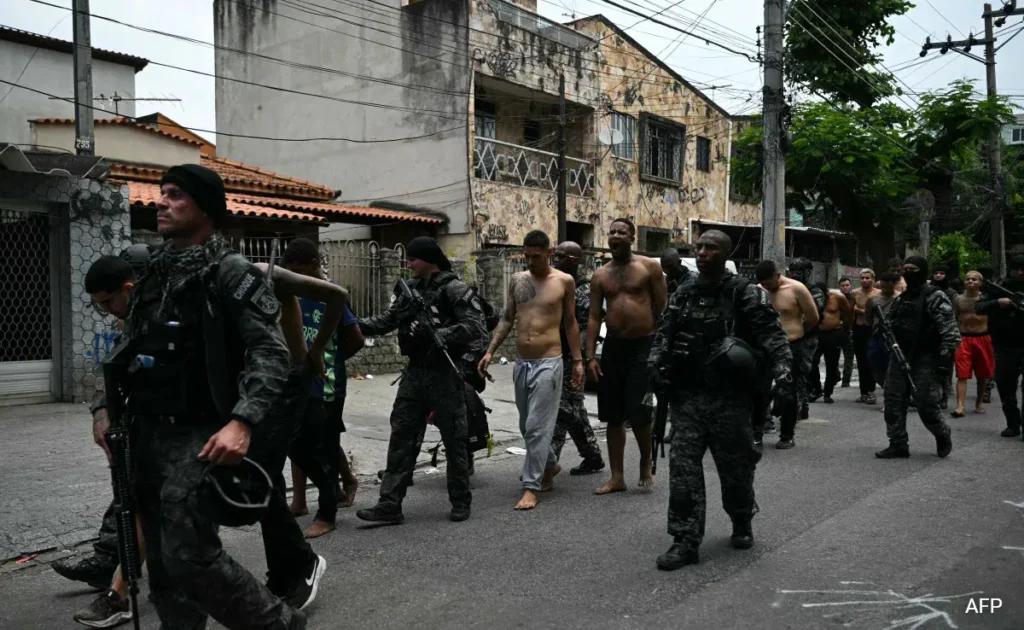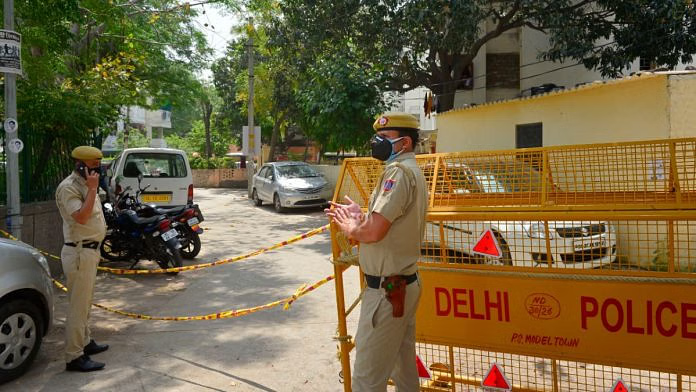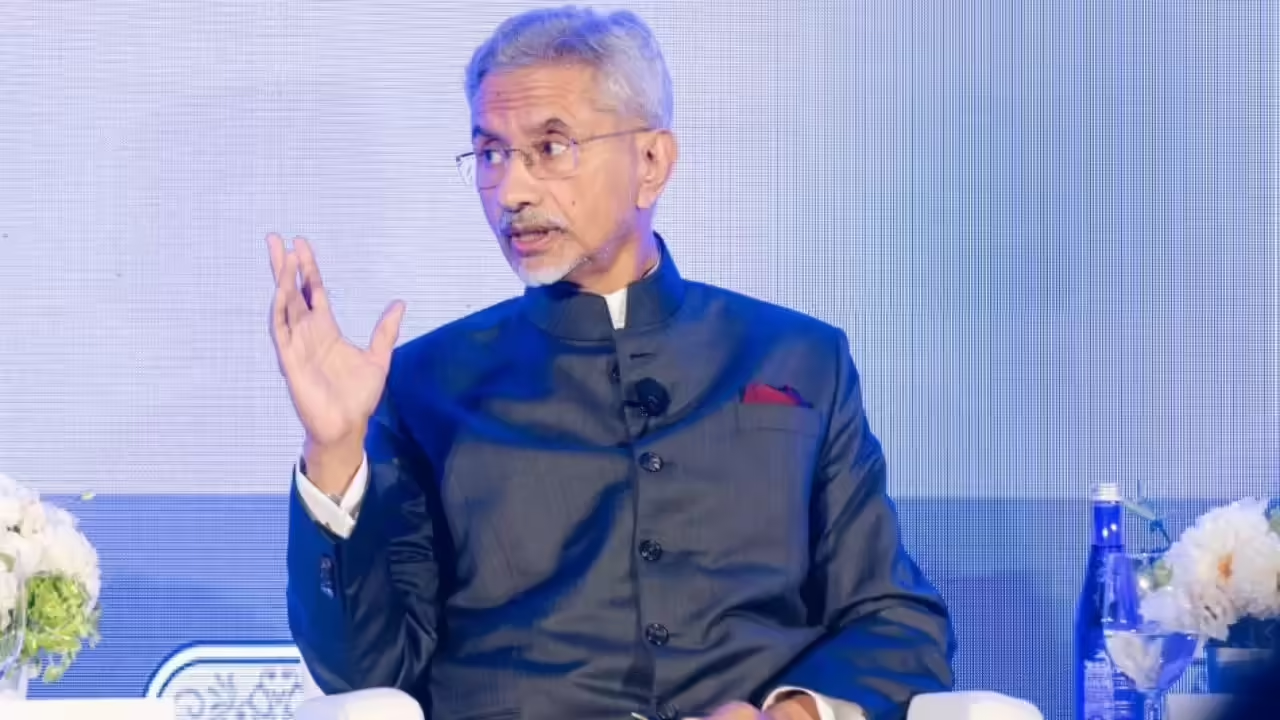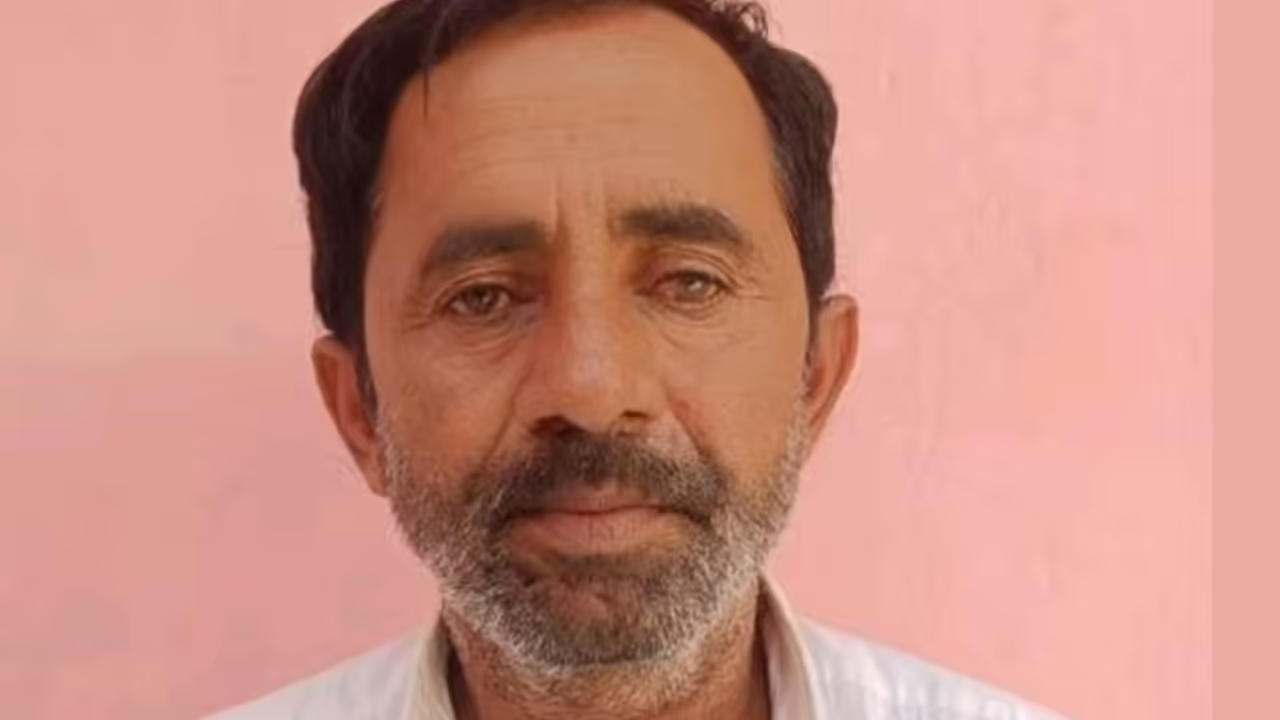Now Reading: Centre Cancels FCRA License for Wangchuk-Led NGO After CBI Launches Probe
-
01
Centre Cancels FCRA License for Wangchuk-Led NGO After CBI Launches Probe
Centre Cancels FCRA License for Wangchuk-Led NGO After CBI Launches Probe
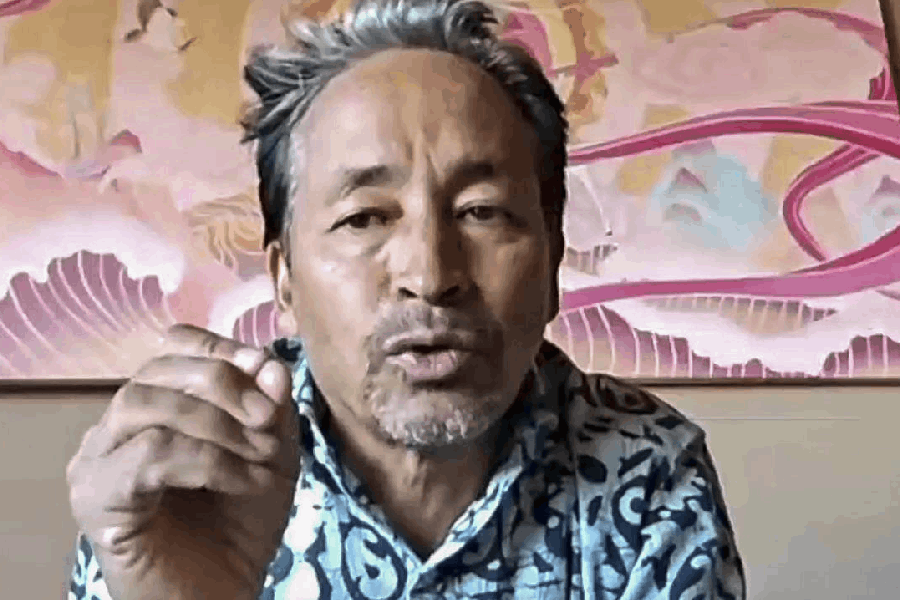
The government has revoked the Foreign Contribution Regulation Act (FCRA) license of Sonam Wangchuk’s NGO amid a CBI inquiry into alleged violations. The move comes days after violent protests in Ladakh turned deadly, intensifying scrutiny of civil society actors there. For people in smaller towns across India, this case underlines the tension between activism, regulation, and political accountability.
What triggered the cancellation
The Home Ministry acted on findings it says reveal financial discrepancies in the NGO’s accounts. One key allegation involves money transferred from abroad that was not properly reflected in FCRA accounts. The NGO was earlier issued a show-cause notice and given opportunities to reply, but the authorities concluded that violations persisted.
The CBI has now been asked to investigate further. Teams are reportedly camped in Ladakh reviewing documents, tracing fund flows, and assessing whether foreign contributions were accepted without proper registration or oversight.
Wangchuk’s response and counterclaims
Wangchuk, the educationist and activist behind the NGO and related institutions, has rejected the allegations. He claims the payments were for consultancy and knowledge-sharing services, not charitable foreign donations needing FCRA clearance. He frames the action as part of a pattern of targeting dissent—especially given the recent unrest in Leh over demands for statehood and constitutional safeguards.
He also says his institutions did not depend on foreign funds and that any transactional receipts from abroad were taxed. The timing of the cancellation, he argues, is politically charged—coming right after the protests turned violent.
Broader context and stakes
Ladakh has been in the spotlight over demands for greater autonomy and protections under the Sixth Schedule of the Constitution. The protests and the state’s response have raised questions about free expression, policing, and how governments engage with activism in remote regions.
For NGOs and activists nationwide, especially in Tier-2 and Tier-3 regions, this case may be seen as signaling stricter regulatory oversight. The line between permitted advocacy, foreign funding, and perceived political provocation can be thin, especially where regional tensions exist.
What local readers should watch
In smaller cities and towns, where civic engagement is growing, the Wangchuk case offers lessons. Activists must ensure strict compliance with financial rules and transparency. Citizens must also stay alert to how enforcement can influence civil society.
Pay attention to how the CBI’s findings evolve, whether they lead to legal charges, and whether similar actions follow elsewhere. These developments may redefine how NGOs operate under regulatory pressure.
Conclusion
Cancelling the FCRA license of a high-profile NGO amid protests and a CBI probe sends a clear message: regulatory compliance is non-negotiable. But so is fairness. In this case, the balance between enforcing rules and preserving civic space will be watched closely—not just in Delhi or Ladakh, but in towns across India where activism and regulation are increasingly colliding








